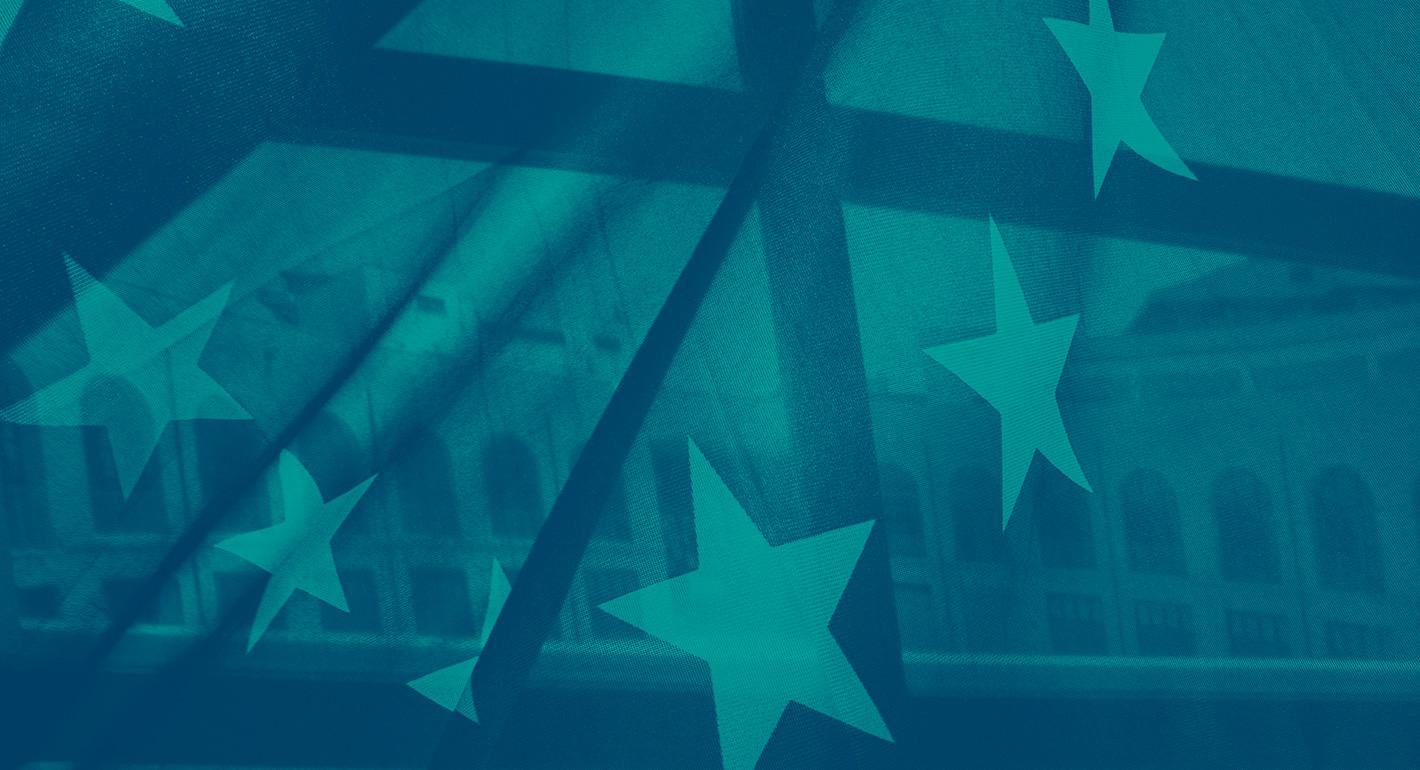Registration
You will receive an email confirming your registration.
Russia’s war on Ukraine has driven European states to reimagine the continent’s security architecture. Several have taken concrete steps to reorient their foreign policies, including Germany, which notably chose to increase its defense spending and send weapons to Ukraine in March.
But since then, Chancellor Olaf Scholz’s government has struggled to reconcile Germany’s renewed aspirations with its dependence on Russian gas—which the country has long been reliant upon. Berlin has also had to grapple with the EU’s shifting balance of power, with the Franco-German engine slowly giving way to the voices of smaller member states as well as powers in the larger European space.
To mark the launch of The Berlin Pulse, Körber-Stiftung’s annual flagship report on the most pressing German and European foreign policy issues, Carnegie Europe is delighted to invite you to a public event on Germany’s and the EU’s foreign policy trajectories. Julia Ganter will present the results of the public opinion survey conducted for the report; a panel discussion will follow with Katarina Barley, Edita Hrdá, and Pierre Vimont. Alexandra von Nahmen will moderate.
A light reception will follow the event.
This event is hosted in cooperation with the Körber-Stiftung.
IMGXYZ9352IMGZYX
